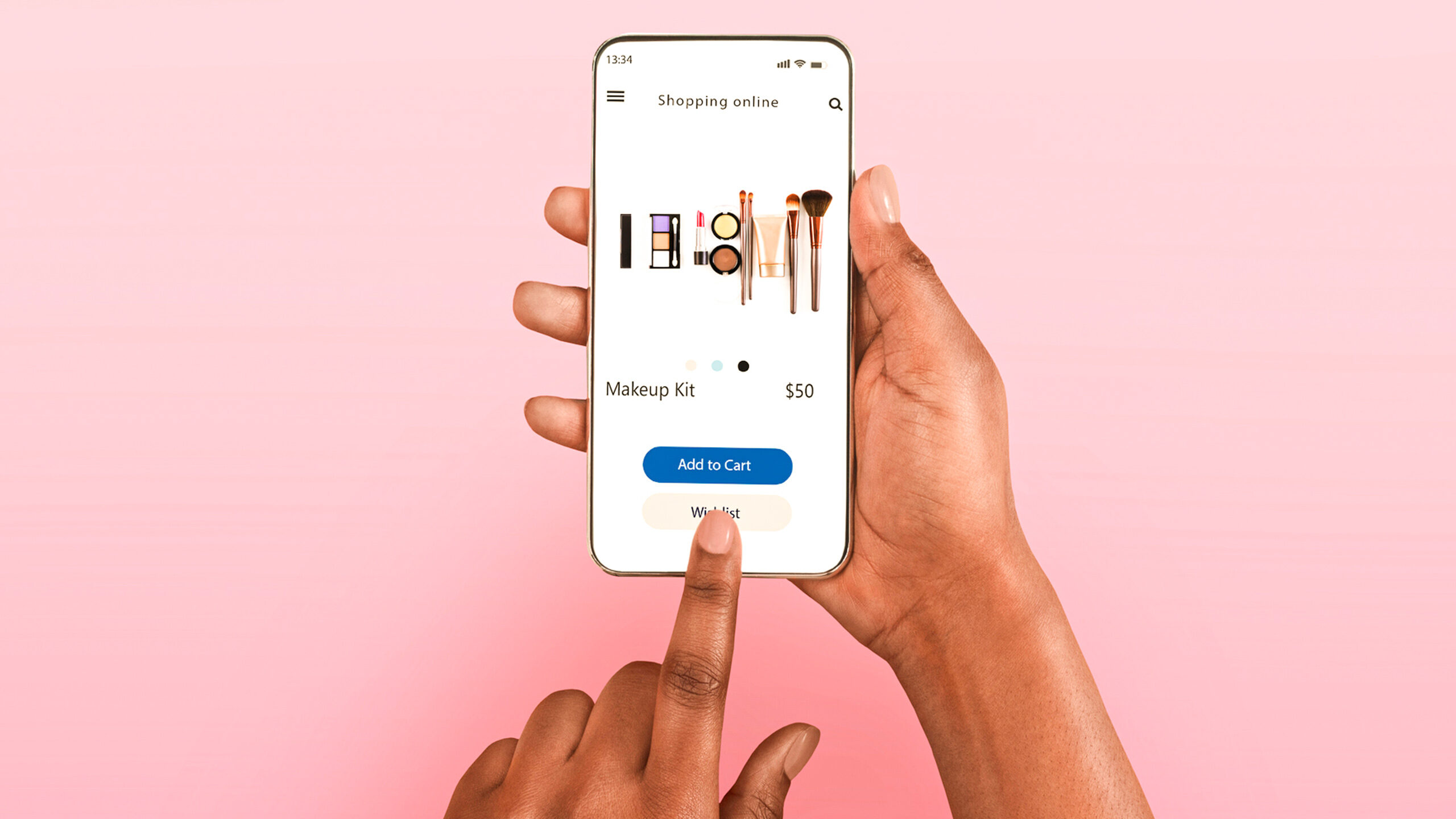With the help of artificial intelligence and machine learning, beauty and cosmetics companies are exploring new possibilities. According to a report by Avendus, the global beauty and personal care market are expected to touch US$725 billion by 2025 and the young Indian market is expected to grow to $28 billion by then. This segment is a space of opportunity and today we have more than 80 Indian brands in this domain.
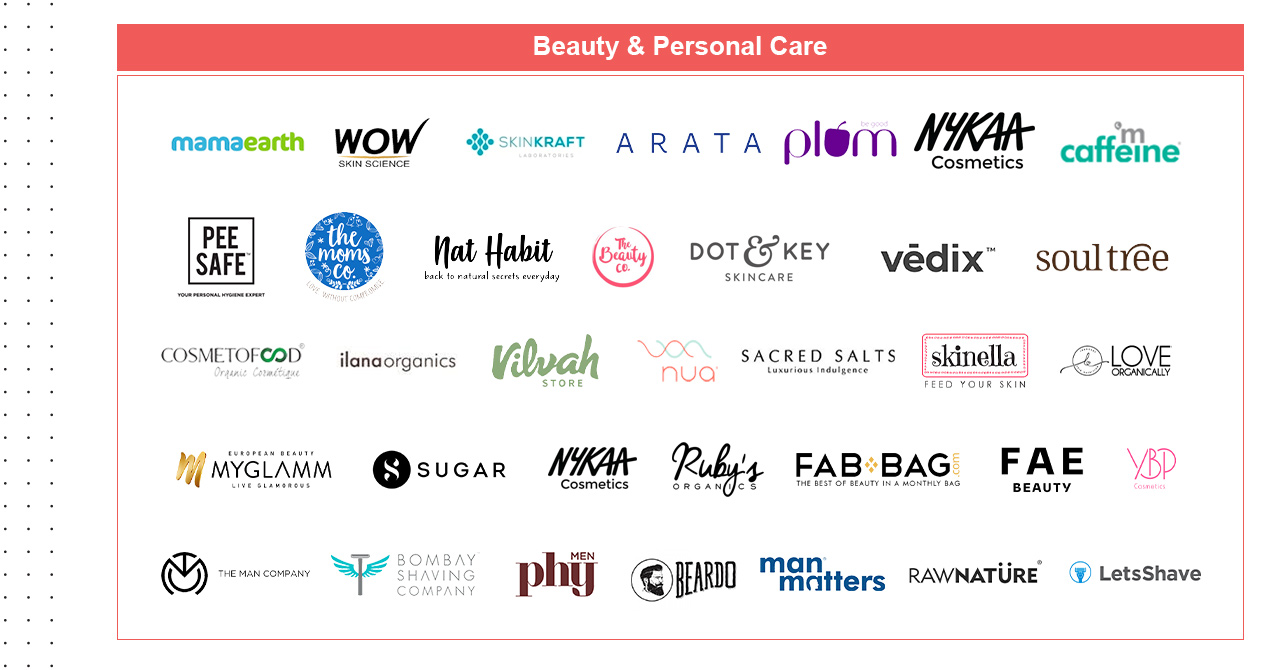
While technology in this space plays a very important role, Artificial Intelligence (AI) amongst everything else is giving the beauty industry a makeover. This is because, AI can create an impact on all stages of the beauty value chain — from research & development to supply chain management to product selection, marketing, and more! Resonating this thought, Chaitanya Nallan, CEO & Co-Founder, SkinKraft Laboratories mentions “As a digital-first brand, we sell across multiple e-commerce platforms as well as through our own website. Thus, it is very important that we track and maintain inventory across all channels in real-time to avoid stock-outs and loss of sales. We use AI for this. We have built an in-house data tracking dashboard that pulls in inventory information from all warehouses and maps them against sales to give us an accurate estimate of days of inventory across all SKUs and across all platforms. This information directly feeds into our procurement dashboard and also helps the marketing team to create the right sales strategy.”
Stock availability is crucial to driving sales. If you need help tracking your online inventory – DataWeave can help give you a near real-time view of your product stock status across marketplaces.
With AI being a powerful technology wand, here is how it can drive the future of beauty brands within the D2C segment in India.
Making Virtual Product trials a reality
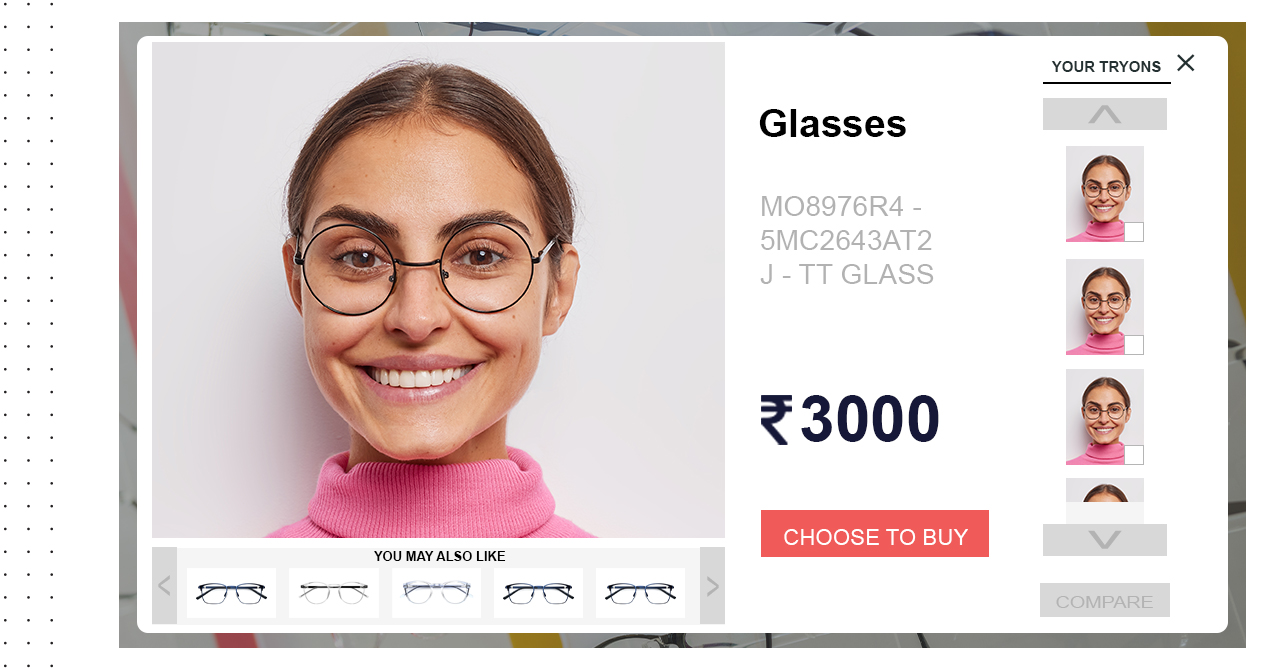
Augmented Reality (AR) is a prevalent term and many companies are already using it on an everyday basis. More commonly, the Snapchat and Instagram filters we use are all powered by AR. In a similar vein, virtual images can be laid over actual images in real-time using AI. And keeping this concept handy, beauty brands are bringing to the front the AR-powered ‘virtual mirrors’ that let consumers try on cosmetic products in real-time. Modiface by L’Oréal is a perfect example of VR-mirrors, which has pioneered the AR-powered makeup try-ons in the market. These virtual mirrors use AI algorithms to detect the user’s face through a camera by focal points and map the face. Then using AR, images of makeup are adjusted according to the terms obtained and overlaid over the features on the face giving consumers a virtual feel of what they’d look like wearing the product.
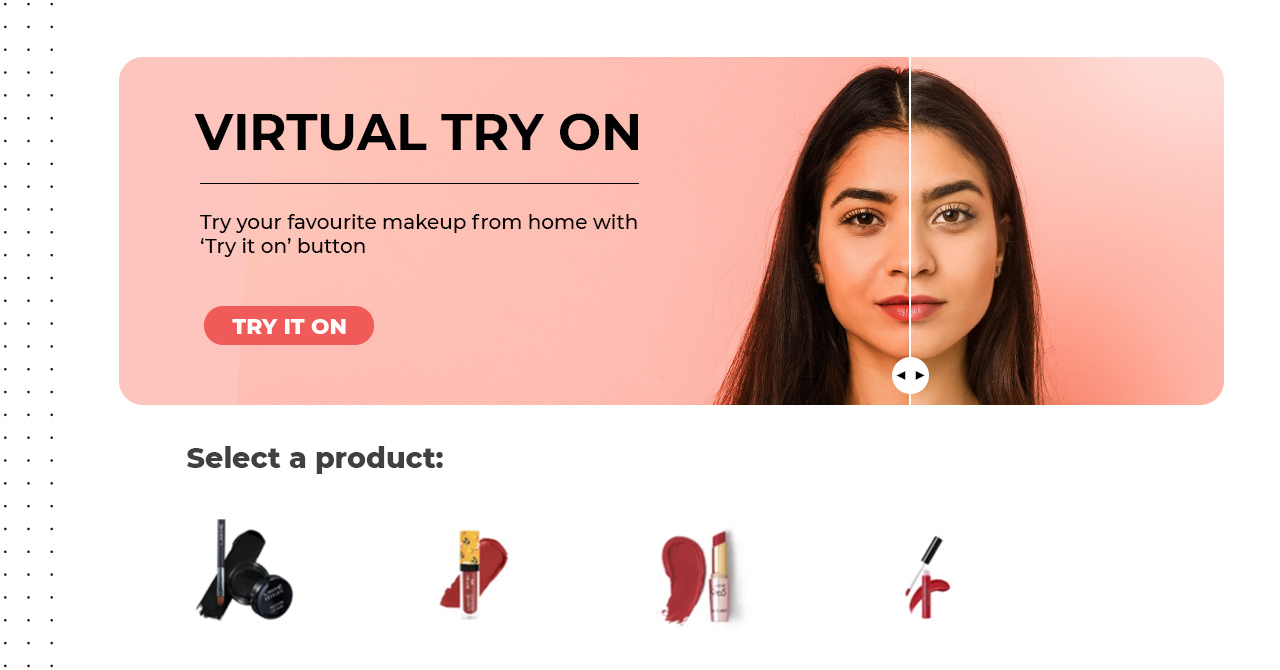
Much recently, Indian brand Lakme has made ‘virtual try on’ possible by creating a smart mirror on its official website that allows customers to watch their reflection, try on different shades, and customize those shades according to their preferences. Shade matching until a few years back was an entirely on-ground phenomenon and customers visiting a local cosmetics store were able to choose and match the shade of compact, eye shadow, and lipstick against their true skin tone. Today AI can allow you to narrow down on products based on a virtual shade card, put them against your skin in real-time.
Make it Truly Personalised
Every customer is unique, and one size does not fit all. Everyone has a personalized beauty regime they follow & understanding this could be the key to success for beauty brands. For this reason, the future of beauty lies in harnessing AI and AR solutions to tailor the beauty shopping experience to match the needs of the individual consumer. This not only enhances digital engagement but also increases purchasing confidence which in turn helps brands drive conversion and brand loyalty.
Pre-pandemic, offline beauty advisors played a consultative role when customers were making purchase decisions. A lot of this has moved online – take for instance Olay. It launched an online “Skin Advisor” app based on a deep-learning algorithm that analyses a consumer’s skin using a simple selfie! Armed with information on their skin type, customers can make an informed, personalized purchase that’s right for their specific skin type.
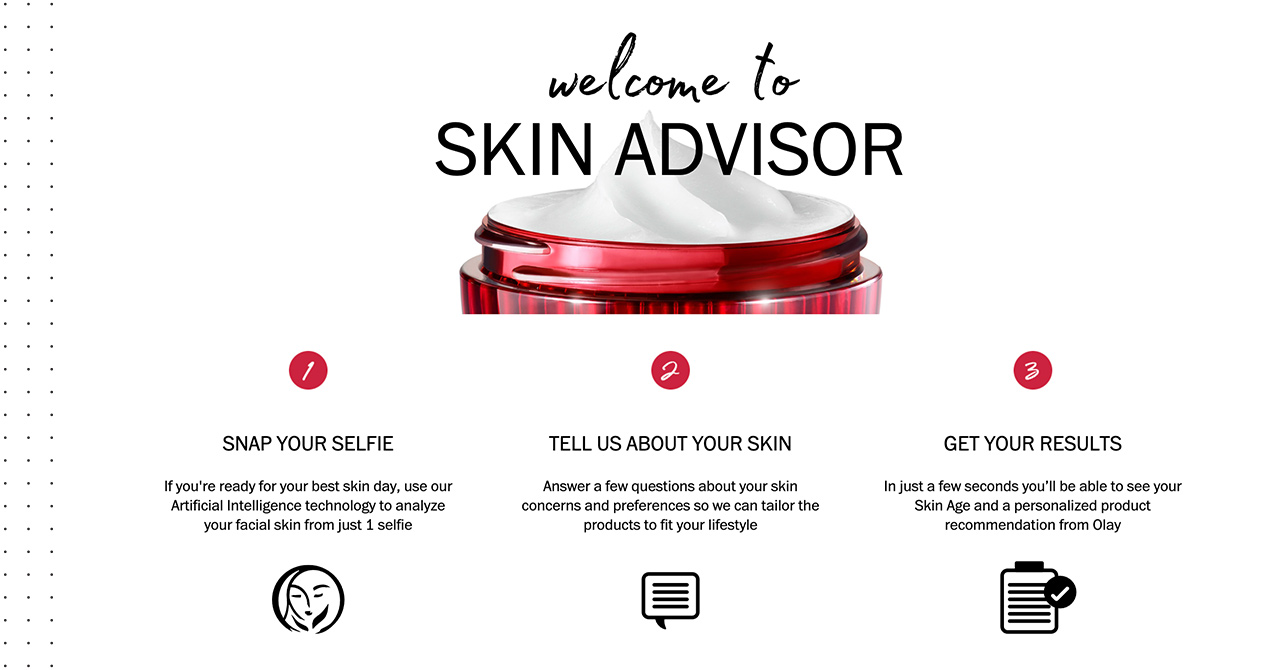
Understanding customer preferences and using data from their past purchases also help with personalized marketing in a big way. “Data-driven personalization gives brands insight into what their customers are interested in. We integrate this data into our marketing campaigns and deliver specific, personalized, and relevant content. This way, we make sure to target the right audience with the right messaging. This, in turn, helps us increase engagement and retain customers. Moreover, this combined data, allows us to get repeat sales through upselling and cross-selling. Further, knowing customers beyond just simple demographics helps us improve our targeting and helps us predict future behaviour. We’d like to know, for instance, if a customer clicked on our advertisement, liked, or commented on our social media product displays, signed up to our email list, etc. These analytics reveal a customer’s interest. Combine it with demographics – and you get a sense of what the customer is interested in,” Dhruv Madhok, Co-Founder, ARATA highlights.
Boost Product Development
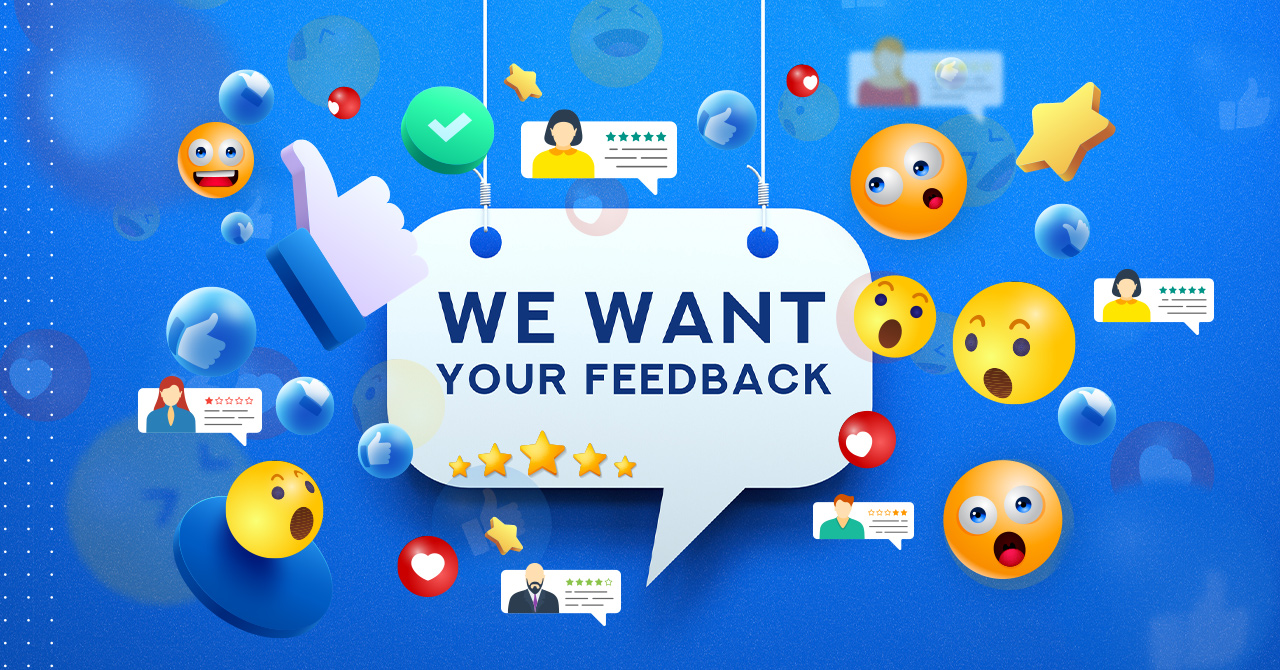
AI algorithms can be used to study and analyse customer feedback. The algorithm works towards interpreting customer comments, reviews, and feedback on a brand’s website, social media channels, and other online platforms. Artificial Intelligence can also decode and analyse questionnaires and feedback forms that the customers may have responded to online or offline.
The beauty and personal care industry is largely driven by usage and customer preferences, so gauging how customers feel about key products can help businesses create & develop products that customers will most likely prefer to buy. For instance, reputed beauty brand Avon recently mentioned that it developed the True 5-in-1 Lash Genius Mascara based on actual consumer feedback! They used machine learning & artificial intelligence to read, filter, process & rank thousands of online consumer comments to determine the top features they crave in a mascara. Using this customer gathered intelligence, they developed a unique product that consumers we’re “asking for”!
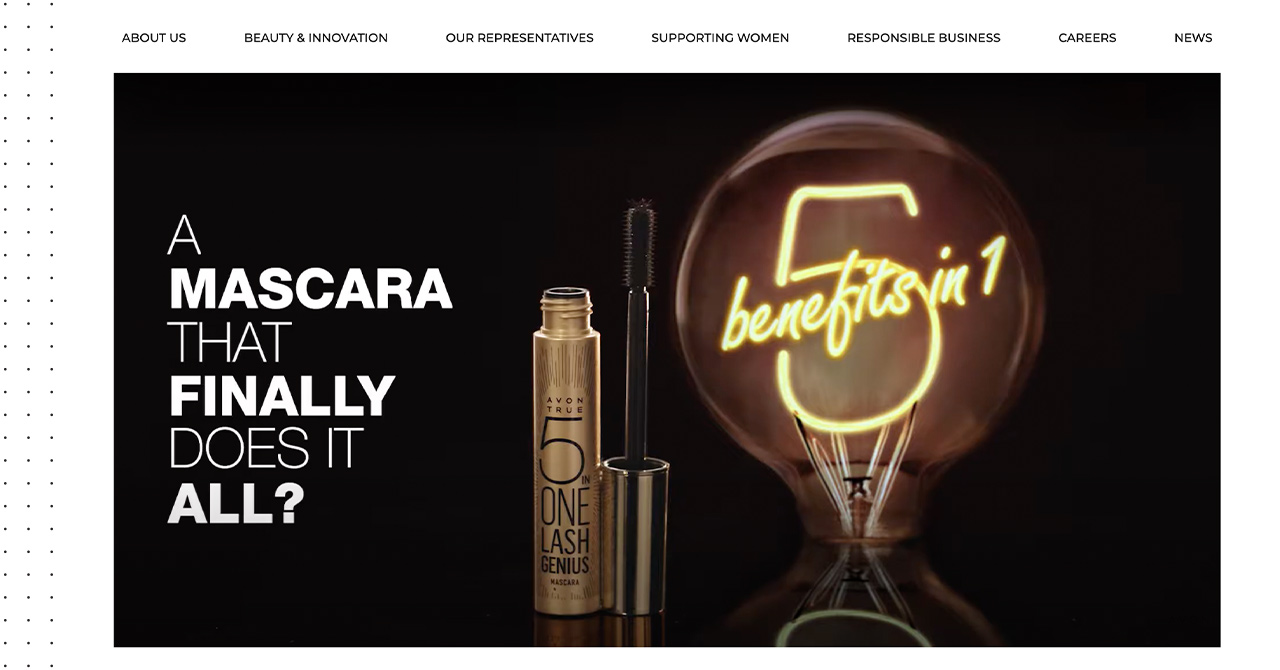
Need help listening to what your consumers are saying about your brand online? Read more about DataWeave’s AI Powered Sentiment Analysis solution.
More and more brands are listening to customer responses closely to give way to new products, bring in tweaks to their existing basket, and innovate further. “Our ORM team is leading the knowledge accumulation as far as social listening is concerned. They are not just responsible for responding to customer queries, they are also instrumental in highlighting key insights based on user behaviour being observed,” Chaitanya of SkinKraft Laboratories further asserts.
Bombay Shaving Company too with its data-centric culture leverages customer responses for decision making & product development. “In-home personal care and hygiene exploded during the pandemic. We used data analytics to explore different dimensions of in-home experience-driven needs (new usage occasions, need for convenience and DIY, etc.). We listened to our customers & were able to introduce our women’s brand, with innovative hair removal products in a big way during this period. Which today contributes to a significant percentage of our business,” Shantanu Deshpande, Founder & CEO, Bombay Shaving Company mentions.
Given the scope and scale of the beauty and personal care industry that is major ‘usage’ driven, Artificial Intelligence with its diverse potential can bring a paradigm shift in the industry. AI can help not only with virtual trials, personalization, listening in to customers’ feedback but also with monitoring a brand’s Digital Shelf. Brands can amplify their online sales by tracking Digital Shelf KPIs like share of search & product visibility, pricing & discounting, product content, availability & assortment. Reach out to our Digital Shelf experts to learn more.
Book a Demo
Login
For accounts configured with Google ID, use Google login on top.
For accounts using SSO Services, use the button marked "Single Sign-on".
